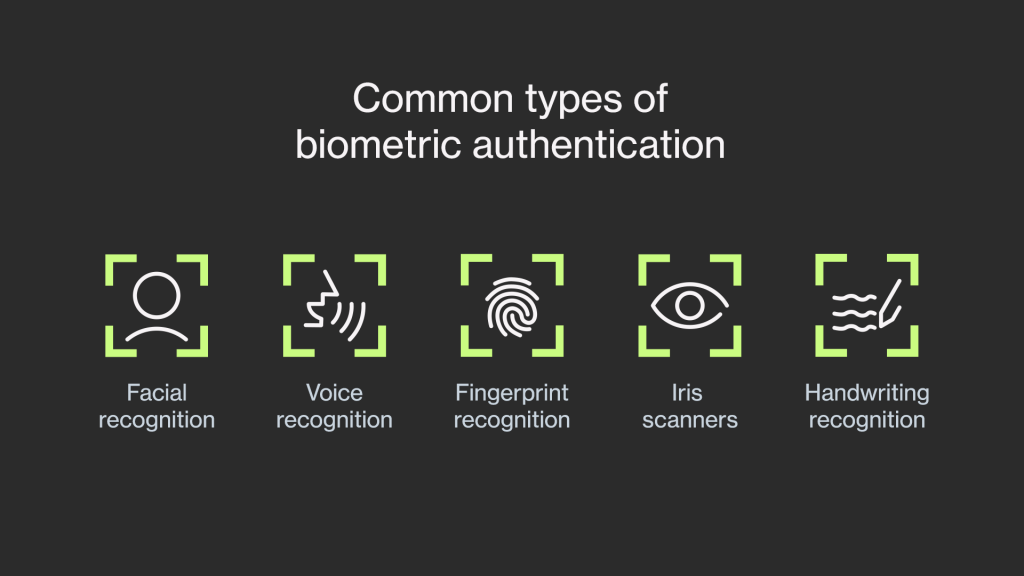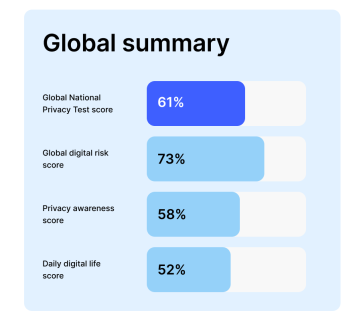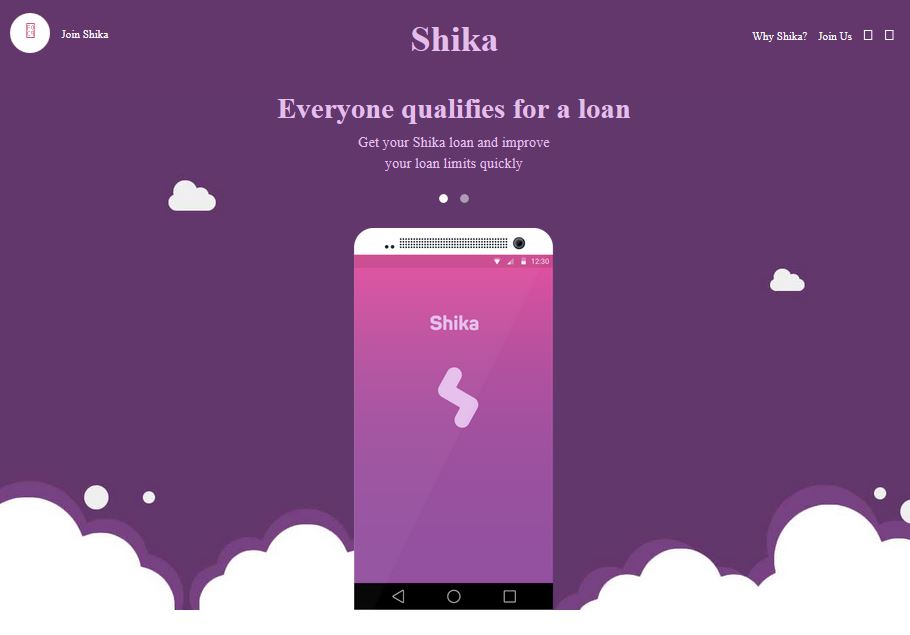
KOICA (Korean International Cooperation Agency) from Korea has signed an agreement with Rwanda’s Ministry of Youth and ICT, headed by Minister Jean Philbert Nsengimana that will see an ICT and Innovation hub (a smaller version of Kenya’s Konza City) constructed in Kicukiro – Kigali, the capital of Rwanda. Construction is slated to begin at the end of 2014 and should be completed in 2016 (24 – 30 months after ground breaking) and is expected to cost 5.6 Million Dollars. The entire project has been positioned as a big step towards achieving Rwanda’s ICT and Innovation Road Map, Vision 2020, has a plan to give rural youth access to information and to put ICT centers around the country. This particular center will target about 78% of youth and is expected to help the young people in Education and Entrepreneurship in Rwanda to create, develop and run sustainable businesses after they have been trained and incubated in these types of centers.
The innovation centre’s construction is aimed at building steps towards making East Africa the tech hub of Africa. This comes just weeks after Microsoft announced the Microsoft 4Afrika Initiative in Rwanda in conjunction with Rwanda’s Ministry of Youth and ICT that will see Rwanda join other African countries in Microsoft 4Afrika – an initiative that seeks to place 1 Million SMEs online, to up-skill 200,000 young people and place 75% of them in jobs and to bring tens of millions of devices into the continent and into African hands all by 2016.
The signing ceremony was presided over by Rosemary Mbabazi, Permanent Secretary in the Ministry of Youth and ICT, and SangChul Kim who is the resident representative of KOICA in Rwanda who commented and said “This signed document represents another milestone for ICT in our country.”
The Rwandan youth in both urban and rural areas are expected to benefit from this centre and both groups will now have more jobs and exposure needed to grown an economy in the ICT sector.
The decision to build the innovation centre was arrived at after a half year long research process by a BDST (Basic Design Survey Team) that consisted of members from the Rwanda Development Board (RDB) and KOICA. The research was conducted in Kigali and its main aim was to determine what the essential tools and strategies are o commence the ground-breaking.
“This agreement is another significant step for the friendship between Rwanda and South Korea. This is the 50th year of our friendship. So we had to move it a step further by starting this important journey as well as helping Rwanda move further towards its Vision 2020.” reiterated SangChul Kim at the MOU signing ceremony.
KOICA Rwanda was established in 2011 and works in various sectors including ICT, education and rural development.




